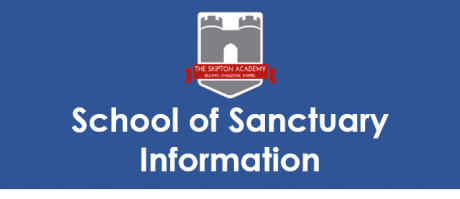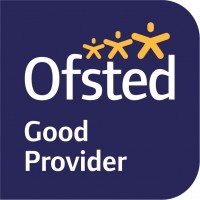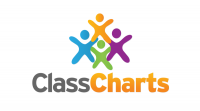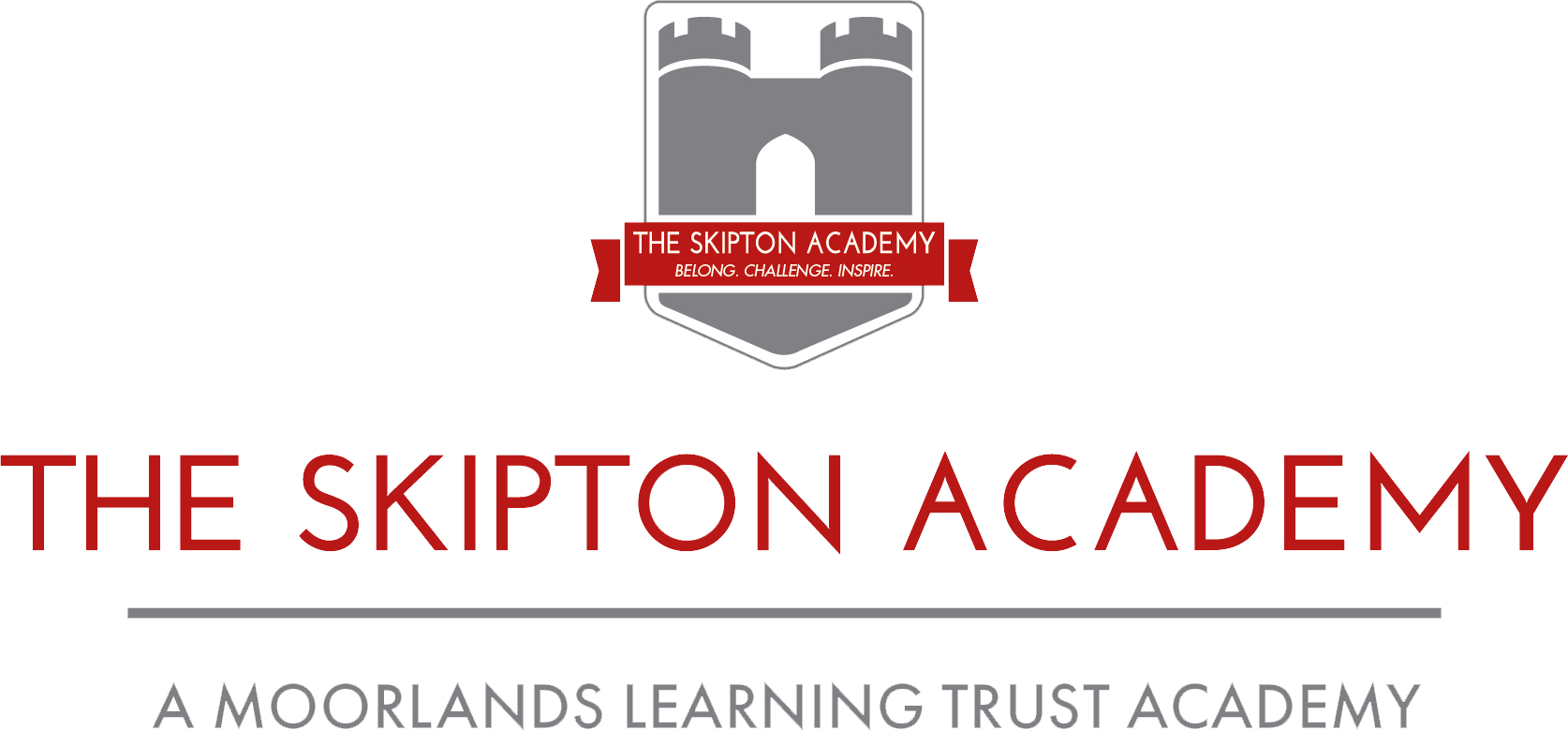Equality & Diversity
Information and Objectives
The following information draws on our Equalities Policy which can be found in the policies section of our website.
Aims and rationale
Our school aims to meet its obligations under the Public Sector Equality Duty (PSED) by having due regard to the need to:
- Eliminate discrimination and other conduct that is prohibited by the Equality Act 2010
- Advance equality of opportunity between people who share a protected characteristic and people who do not share it
- Foster good relations across all characteristics – between people who share a protected characteristic and people who do not share it
This is important because eliminating discrimination, advancing equality of opportunity, and fostering good relations are essential to achieving our wider aims of educational excellence and transformational personal development.
These aims are in full alignment with the vision, ethos, and values of the Moorlands Learning Trust.
Our underlying principles
In fulfilling the legal obligations cited above, we are guided by 10 principles which will help us to achieve our aims (above):
- All learners, staff and members of our communities are of equal value
- We respect, value, and celebrate difference
- We are committed to maintaining positive relationships and developing a shared sense of belonging with all stakeholders
- We observe best-practice in relation to staff recruitment, retention, and professional development
- We aim to actively reduce and remove inequalities and barriers that already exist
- We engage with all stakeholders and make sure we consult on decision-making and significant changes to practices or policies
- Our policies and activities should benefit wider society in the immediate and longer term.
- Our approaches and practices are evidence-informed
- Our aims and objectives are evidence and stakeholder informed, and SMART (specific, measurable, achievable, relevant and timebound)
- We review and formulate curricula which develop and promote equality, diversity, and community cohesion.
As required by the equality duty, each year we publish updated information to demonstrate how we are complying with these obligations (i.e., outlining how we put our policy into practice.
We eliminate discrimination by:
- Foster a sense of belonging in the school community by instilling the school ethos in every element of our school's operations.
- Offering a broad and inclusive curriculum that meets the needs of all students.
- Delivering a carefully designed and sequenced PSHE curriculum to students in years 7-11 which works responsively to address all forms of discrimination.
- Delivering a varied assembly curriculum that celebrates diversity and equality in relation to religion, race, sexuality, and gender.
- Offering a Personal Development curriculum, delivered fortnightly in ‘Personal Development Time (PDT)’ and in tutor time that is designed around the School Values and informed by the Fundamental British Values.
- Creating displays around school that celebrate and promote people’s right to be themselves which are informed by the protected characteristics.
- Using key dates in the year, for example religious festivals, to celebrate and enrich our student’s knowledge and understanding of their own, and wider cultural diversity
- Taking all available opportunities to promote our school Vision & Values that actively endorse the qualities of kindness, respect, and pride.
- Systematically recording any incidents of hate, abuse, and discrimination
- By running focus groups with students from different social groups and backgrounds as well as those with protected characteristics to ensure their voice is heard.
We advance equality of opportunity by:
- Providing training for all staff on meeting the needs of all learners, being mindful of unconscious bias and considering the language we use.
- Systematically monitoring indicators such as student progress, attendance at school and behaviour by learner group, in order to identify any gaps and required interventions.
- Providing a broad, balanced curriculum which is open to all students and enabling students to decide their individual pathways through an options process in year 8 as well as in year 9 and 11.
- Ensuring that the PSHE curriculum is accessed by all students, with particular care taken regarding access of students in vulnerable groups who may be particularly vulnerable to equality issues and who may not access the curriculum in the same way at the same time as other students.
- Providing an enhanced transition programme for Year 7 students with additional needs or vulnerabilities.
- Creating student leader roles throughput all key stages offering the opportunity for students to lead on projects that involve protected characteristics as well as promote good citizenship (E.g., Anti-bullying ambassadors, Eco Club members, student wellbeing champions)
- Providing additional support for students who experience barriers to learning, including those with protected characteristics via the TMP (Targeted Mainstream Provision) and the SSC.
- Maximising the participation of all students in trips, visits, and extra-curricular activities through the targeted use of Pupil Premium funding. This includes strengthening systems to monitor rates of participation in extra-curricular activity and actions to address any gaps.
- Encouraging a diverse workforce including through the wording of recruitment adverts and through use of anonymous recruitment software.
- Gathering data about the makeup of our workforce and recruitment and retention rates for different groups.
We foster good relations by:
- Delivering an inclusive and diverse curriculum which celebrates diversity and promotes equality (for example, reading lessons based on a diverse range of texts in KS3 English and the use of a range of texts in Dedicated Reading Time)
- Engaging with award schemes, organisations and programmes which encourage an appreciation of diversity (for example, the Red Kite Alliance RED Award and the School of Sanctuary accreditation).
- Inviting in external speakers for assemblies from a variety of communities for example during Diversity Day.
- Providing timely training and information for staff on gender identity, the use of pronouns, and fully inclusive practice regarding non-binary students
- Providing international visits for students each year
- Giving students opportunities to take part in international partnership projects with schools in other countries, for example the World Challenge.
- Holding an annual Year 8 Diversity Day each year with representatives from a range of religions as well as workshops that reflect the protected characteristics so that staff and students are informed and enriched.
School Equality Objectives 2023-24
|
OBJECTIVE |
ACTION |
|
1. To ensure that our core systems, structures, policies and practices foster the emergence of a vibrant, accepting, cohesive and safe school community which celebrates kindness and actively promotes respect, equality and diversity by clearly building on our core values of respect, courage, responsibility, kindness, resilience and pride |
|
|
2. To ensure that ALL students have access to a high quality education and that the gaps in achievement between students in vulnerable groups (particularly students with SEND and disadvantaged students) continue to narrow |
|
|
3. To promote students’ Social, Moral, Spiritual and Cultural (SMSC) development, including their knowledge, understanding and tolerance of those who are different from them, to help foster good relations and eliminate discrimination and bullying in relation to the protected characteristics |
|













